BrainWise has an extensive history of applied research and evidence-based evaluations that show program graduates make improvements in behaviors that affect their health and well-being. Expert researchers, including private research analysts and academics, have evaluated the program using measures that range from focus groups to standardized assessments of executive functions. The findings show significant improvements in a wide range of behaviors in children in grades 1-6, youth in grades 7-12, and adults. The results have been presented at national and international academic conferences and in publications.

BrainWise evaluation by Omni Research found middle school students showed improved behaviors.

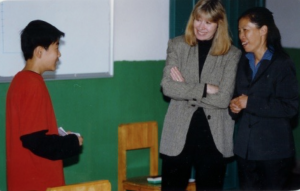
Dr. Barry and Dr. Li present research on BrainWise taught to Chinese youth at Chinese Women’s Leadership Conference, Hong Kong.
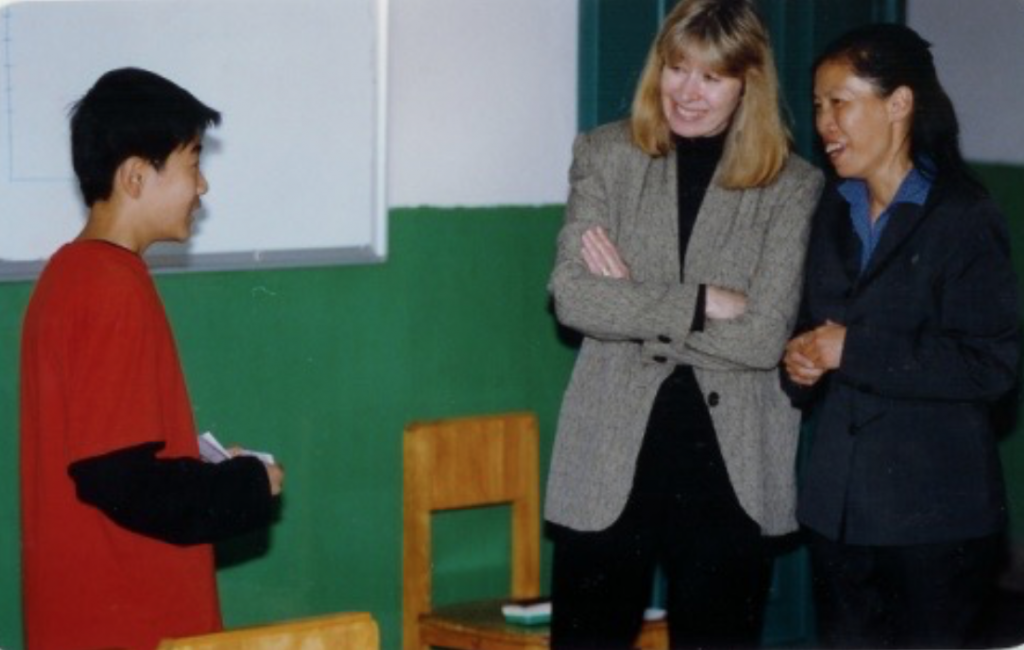
A peer-reviewed chapter on BrainWise outcomes is published in Adolescent Psychopathology and the Developing Brain: Integrating Brain and Prevention Science, Oxford University Press. +
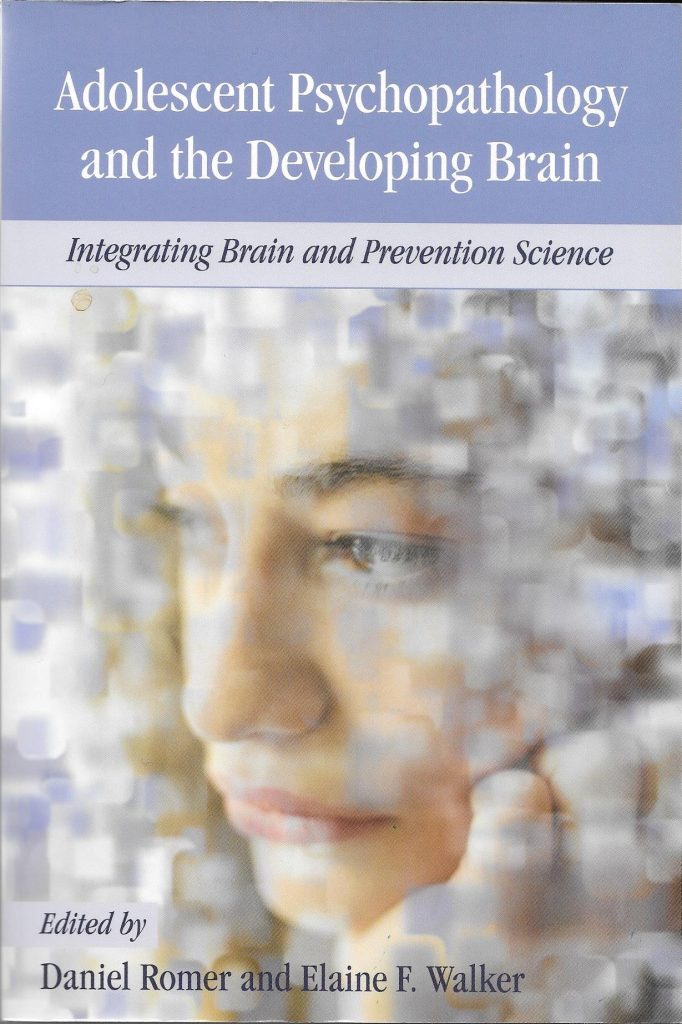
A BrainWise Poster on a "Longitudinal Study of Executive Functions in Low-Income Hispanic Children is presented at the International Neuropsychological Society," Hawaii.
Improvements in executive functions after teaching BrainWise to high risk teenagers was presented at the Society for Research on Child Development meeting, Denver, CO.
Dr. Gorman Barry presented positive research outcomes on BrainWise taught to teens at the Teen Brain Conference, Utrecht, Netherlands.
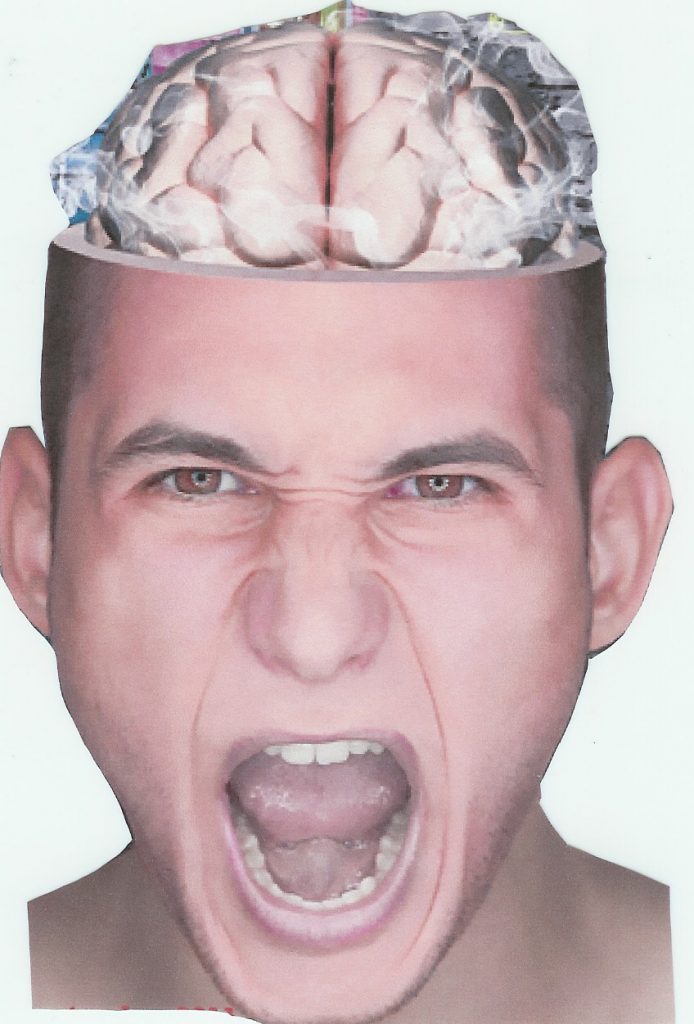
Results that found positive outcomes in vulnerable families who had BrainWise were presented at the Colorado Public Health Association Conference held in Pueblo, CO.
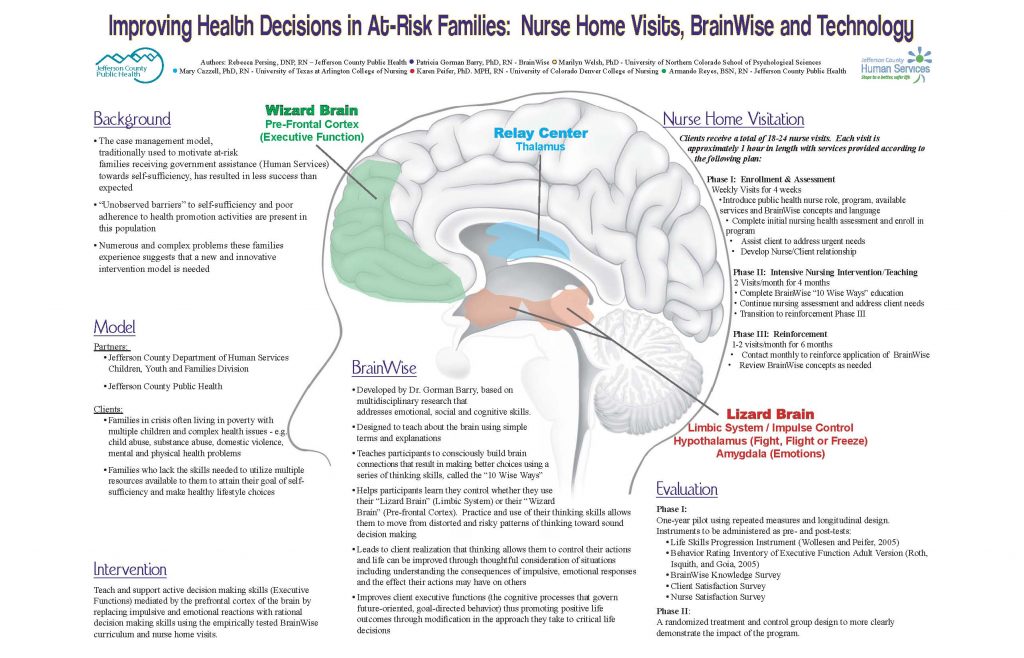
“The Use of BrainWise in Improving Cognitive Skills in Children” is presented at the Rocky Mountain Psychological Association Meetings in Denver CO.
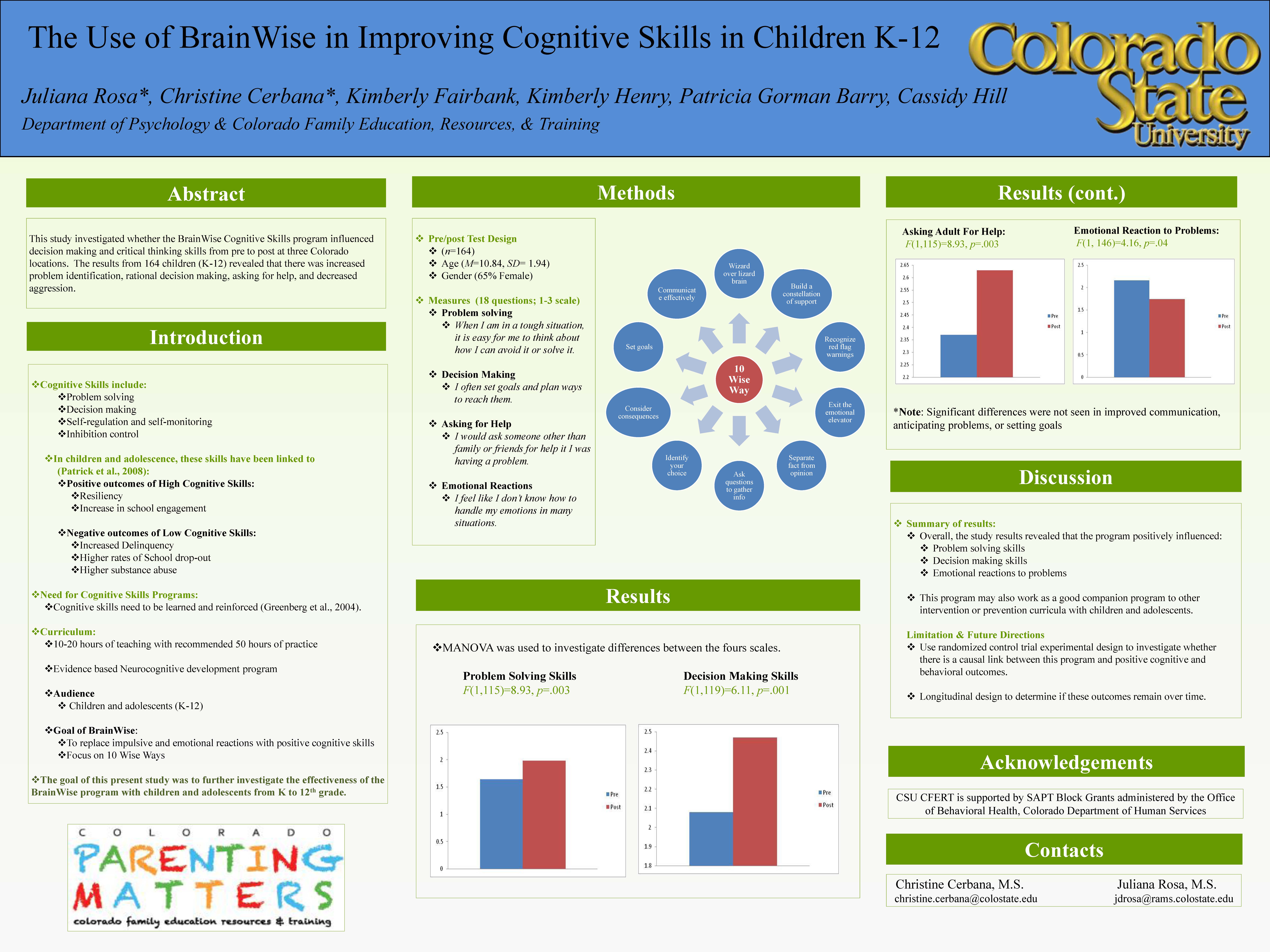
Improvements found in 539 K-5 BrainWise students are presented at the Rocky Mountain Psychological Association Meetings, Las Vegas, Nevada.
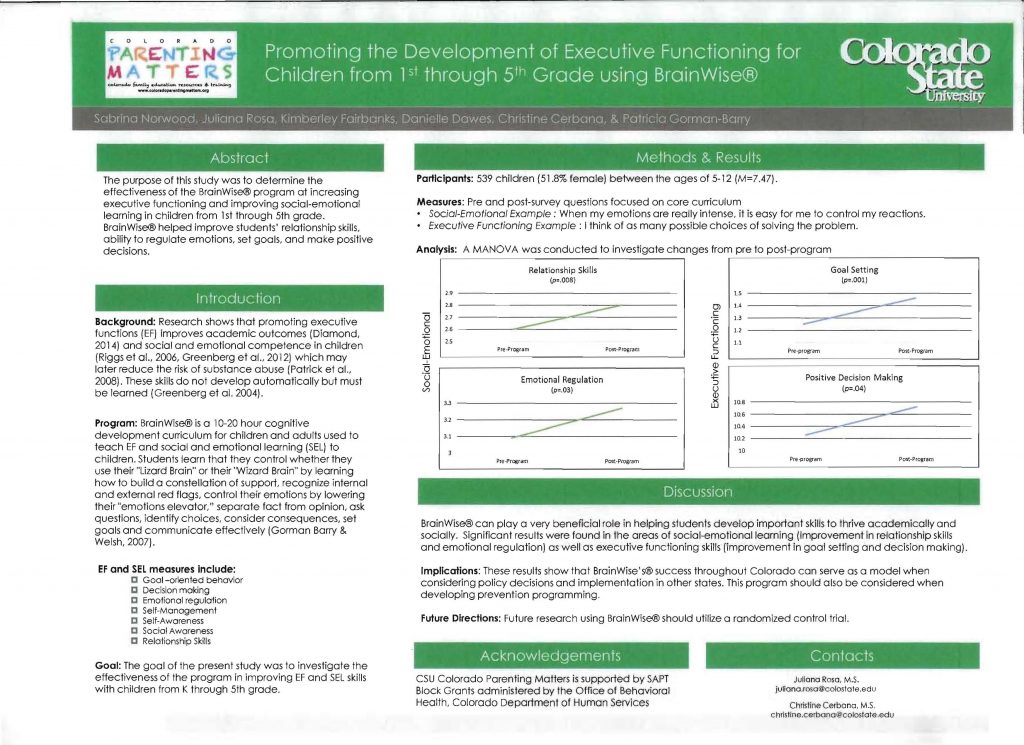
Research showing positive outcomes with 645 K-5 graduates of BrainWise is presented at the Society for Prevention Research Conference, Washington, D.C.
At the International Neuropsychological Society (INS)conference in Boston, Massachusetts, a poster is presented on BrainWise research on homeless men.
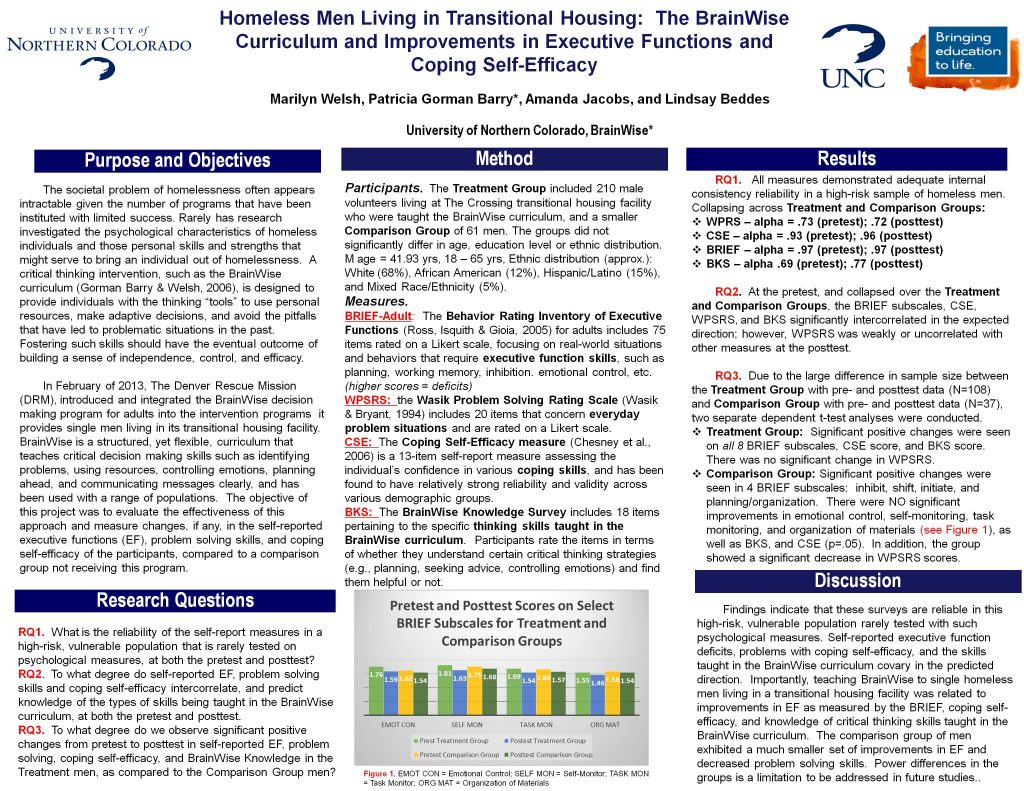
Peer-reviewed paper "Homeless Men Living in Transitional Housing: The BrainWise Curriculum and Improvements in Executive Functions and Coping Self-Efficacy" published in Sage Open. +
Dr. Barry, Professor Marilyn Welsh, PhD, and Los Angeles VA Hospital psychiatrist
Jared Greenberg, MD are invited to submit a chapter
for an upcoming book. The chapter, Life Stress and Inhibitory Control Deficits: Teaching BrainWise as a Neurocognitive Intervention, will update research that
validates the 10 Wise Ways to Stop and Think.
Ethan Kross, Ph.D. Professor of Psychology and Director of the Self Control and Emotion Laboratory, University of Michigan publishes The Voice in Our Head, Why It Matters, and How to Harness It, writing about how inner voices differ from person to person and how internal narratives can be beneficial. This work complements the ways BrainWise teaches students.
Dr. Greenberg completes teaching BrainWise to two small groups of Veterans at the Domiciliary, a transitional house and treatment program located in West Los Angeles VA campus and begins analyzing data collected from the study.
Dr. Barry presented BrainWise K-12 research outcomes at the Adolescent Psychopathology and Developing Brain Conference held at the University of Pennsylvania.
Improvements in executive function in high-risk children and adolescents before and after the BrainWise Program was presented at the International Neuropsychological Society meeting in Boston, MA.
BrainWise and improved executive functions in low-income Hispanic children and their parents was presented at the International Neuropsychological Society meeting in Portland, OR.
Research is presented on BrainWise taught to children and youth in an outpatient and inpatient treatments settings at the Creative Brain Conference in Washington, D.C.
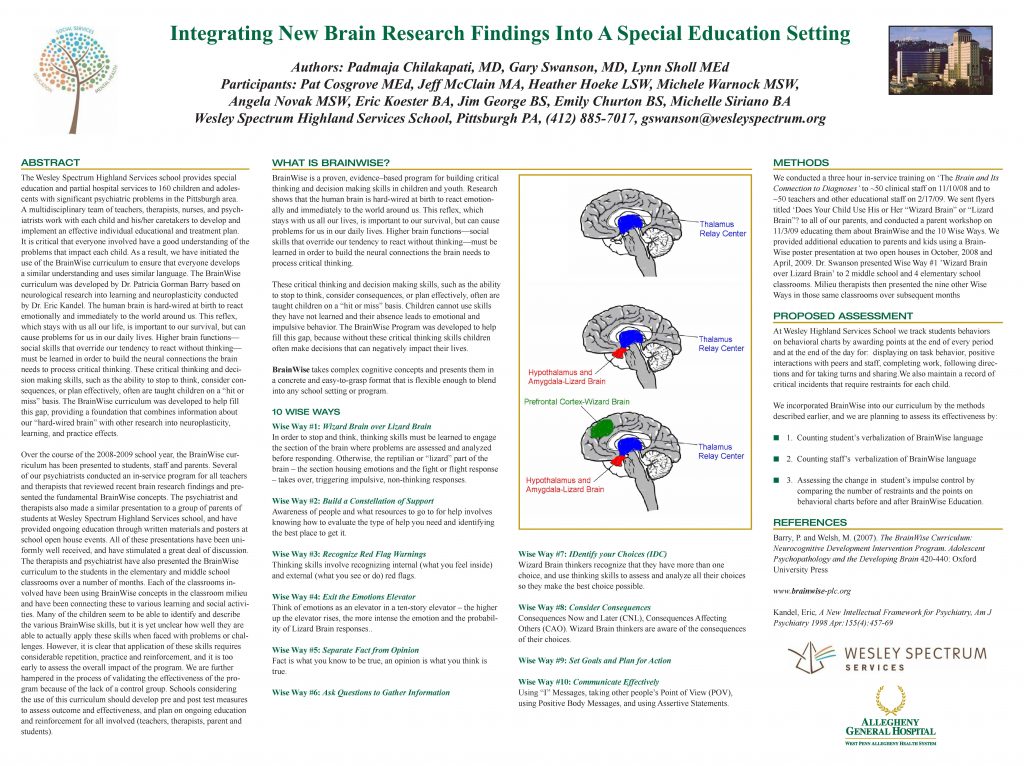
Research on positive outcomes of BrainWise taught to at-risk families is presented at the Public Health in the Rockies Conference, Denver, CO.
Dr. Barry, the keynote speaker at the Alaska Center for Resource Families Conference held in Anchorage, presented outcomes of research conducted on BrainWise.
BrainWise outcomes with at-risk families presented at the CityMatCH conference, Atlanta, Georgia.
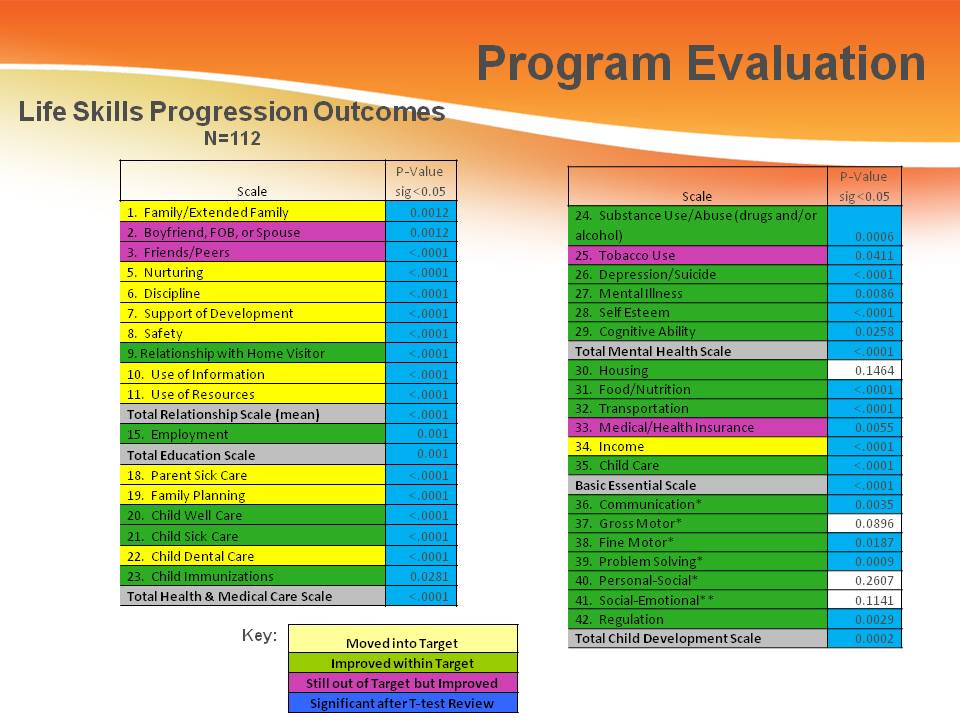
Homeless Men and BrainWise, Executive Functions, Problem Solving and Coping Self- Efficacy was presented at the International Neuropsychological Society Meeting in Denver, CO.
Dr. Barry presents research on BrainWise outcomes at the Colorado School Counselors Conference in Colorado Springs, Colorado.
The U.S. Indian Health Services listed BrainWise on their registry of programs approved to benefit Native Americans and Alaska Natives.
Research that found BrainWise increases Executive Functions in homeless men is submitted for publication.
After reading the Sage Open article and contacting Dr. Barry, Dr. Jared Greenberg, a psychiatrist who works with homeless veterans at the VA's
Greater Los Angeles Healthcare System submits a grant proposal "Adapting and Pilot Testing a Group Intervention to Improve Executive Functions Among Homeless-Experienced Veterans with Serious Mental Illness," to the Veterans Administration.

The chapter "Life Stress and Inhibitory Control Deficits: BrainWise as a Neurocognitive Intervention in Vulnerable Populations" authored by Dr. Gorman Barry, Marilyn Welsh, Ph.D. and Jared Greenberg, M.D. appears in Inhibitory Control Training - A Multidisciplinary Approach, edited by Sara Palermo, University of Turin, and published by IntechOpen, London (2019).

Scientists use psychophysiological measures to study the effect of storytelling and riddle-based games on children hospitalized in intensive care units, finding that reading stories increased oxytocin, or "feel-good" hormones, and decreased cortisol stress hormones. This study validates how BrainWise instructors use stories from books, animations, videos, or other resources to reinforce the 10 Wise Ways.
*Research on BrainWise outcomes was conducted by independent researchers and includes individuals and teams at Omni Research, University of Northern Colorado, Jefferson County Department of Public Health, Wesley Spectrum Highland Services, and Colorado State University.
+ For copies of these papers, please contact us at: info@brainwise-plc.org
Research shows that the human brain is hard-wired at birth to react emotionally and immediately to the world around us. This reflex, referred to as the lizard brain reflex, stays with us all our life and is important to survival. It triggers us to pull a hand away from a hot stove, spit out something that tastes spoiled, or move out of the way of a spilled cup of hot coffee.
BrainWise helps replace the lizard brain’s tendency to react with tools that redirect the brain to stop and think, consider consequences, and plan effectively. Unlike the survival reflex, thinking behavior needs to be learned. This approach was novel when Dr. Barry introduced the 10 Wise Ways in 1995. Assessment tools were limited, so she had instructors ask their students at the end of the course to draw pictures of how they saw themselves BEFORE they took BrainWise, and how they saw themselves AFTER BrainWise. The drawings, made by students in different schools, including in China, showed they had similar changes in feelings before and after they took BrainWise.
Content analysis of hundreds of post course drawings by students showing themselves before and after taking BrainWise further validates the effectiveness of the program. In the drawings, program graduates state and illustrate they are “less aggressive”, more “calm”, “less lonely” and that they feel “happier”, more “in control”, “smarter”, “friendlier” and “nicer”. Some students reported that BrainWise helped them get through difficult situations, including suicidal thoughts and peer pressure to participate in drugs and violence.
Here are some powerful testimonials from actual BrainWise graduates illustrating how the BrainWise approach has changed their lives:
Starting in 2001, grant and donation funding paid for program evaluations conducted by private research companies, government agencies, and academicians. Studies have been conducted with K-12 students, parents of at-risk families, and homeless men. Every outcome found that the decision-making and problem solving behaviors of BrainWise graduates improved.
2015 Research on K-5 Students Conducted by Colorado State University. Christine Cerbana and her team from the Department of Psychology and Colorado Family Education, Resources and Training at Colorado State University measured cognitive outcomes on 645 students taking BrainWise at an urban elementary school. They found the program positively influenced problem solving skills and decision making skills, as well as improved the students’ emotional reactions to problems. Significant results were found in the areas of social and emotional regulation and goal setting and decision making. They presented a poster, “Promoting the Development of Executive Functioning for Children from 1st through 5th Grade Using BrainWise” at the 2015 Society for Prevention Research Conference held in Washington, D.C.
An earlier set of the data were presented in a poster (N=539) was discussed at the 2015 Rocky Mountain Public Health Association Meetings in Arizona.
Special Needs Students. Wesley Spectrum Services School in Pittsburgh teaches BrainWise to 160 children and adolescents with significant psychiatric problems. In 2009, the school’s physicians, therapists, and teachers presented a poster, “Integrating New Brain Research Into a Special Education Setting” at a Washington, D.C. conference, The Creative Brain: Using Research and Creativity to Improve Learning. The curriculum was integrated into their therapeutic setting and measured by assessing the change in students’ impulse control by comparing the number of restraints and points on behavioral charts before and after students received BrainWise.
Research on Executive Functions Conducted on Elementary, Middle and High School Students. There is substantial interest in understanding the executive function skills (e.g., planning, impulse control, self-monitoring) of children and adolescents, as well as the degree to which “thinking skills” intervention programs can facilitate their acquisition and application in everyday contexts.
University of Northern Colorado professor Marilyn Welsh, Ph.D. conducted an evaluation with 5th grade students, middle school students, and high school students who were taught BrainWise, using the Tower of London-R instrument (to test executive function) and the Stroop test (to test impulsivity).
The findings showed that 82% of the students demonstrated improved performance on at least one of the measures and 47% demonstrated improvement on both measures. These findings suggest that knowledge of the critical thinking skills promoted by BrainWise is related to self-reported executive function skills in daily life, and that exposure to a school-based BrainWise curriculum may contribute to improvements in executive function.
The findings are published in “The BrainWise Curriculum Neurocognitive Development Intervention Program” published in Adolescent Psychopathology and the Developing Brain: Integrating Brain and Prevention Science, Daniel Romer and Elaine Walker (eds), Oxford University Press, 2007.
Middle School Students. OMNI Research and Training used standardized measures and focus groups to evaluate at-risk 7th graders in a control who were taught BrainWise and students in a comparison school who had other programs, but not BrainWise. Results found that BrainWise students showed a statistically significant decrease in reports of physical aggression and feelings of sadness, loneliness, and being upset.
BrainWise students also demonstrated an increased awareness of and use of Information gathering and communication, conflict de-escalation and negotiation, assertiveness and honesty, obtaining of outside help, understanding of consequences, and avoidance of lying, fighting and disrespecting others.
In addition, content analysis of hundreds of post course drawings by students showing themselves before and after the course further validates these findings. In the drawings, program graduates state and illustrate they are “less aggressive”, more “calm”, “less lonely” and that they feel “happier”, more “in control”, “smarter”, “friendlier” and “nicer”. Some students reported that BrainWise helped them get through difficult situations, including suicidal thoughts and peer pressure to participate in drugs and violence.
2015-2016 Research on Teaching BrainWise to Homeless Men. The goal of this study was to examine the effectiveness of the BrainWise critical thinking as reported by homeless adult males who are living in transitional housing at a homeless agency. The men were taught the BrainWise program as a supplement to other interventions, including Spiritual Development, Case Management, Christian Counseling, Life Skills Education and Career, and Work Therapy. A control group of men received all of these programs, but not BrainWise. The men completed pretests and posttests on validated instruments that included eight scales that measured executive functions (the BRIEF), one scale that measured coping self-efficacy (CSE), one scale that measured problem solving (the Wasick Problem Solving Rating Scale) and a scale that measured the thinking/emotional skills taught in BrainWise (BKS).
The results showed that men who received BrainWise showed significant improvements on all eleven measures.
The men who did not take BrainWise showed improvements on four measures, and no changes on seven measures. Dr. Marilyn Welsh presented the findings at the 2016 International Neuropsychological Society meetings in Boston, MA. A paper, Homeless Men Living in Transitional Housing: The BrainWise Program and Improvements in Executive Functions and Coping Self-Efficacy, has been submitted for review in an academic journal.
2011-2014 Public Health Nurses Teach BrainWise to High-Risk Families. Research conducted by public health nurses employed by the Jefferson County (Colorado) Department of Public Health and Environment found that high risk families, taught BrainWise by public health nurses during home visits, showed improvements. The participating families had more than one child and presented a number of risk behaviors and health problems: histories of child abuse, 75% being single parents with less than 12 years of education, and 61% being unemployed. The nurses made a minimum of four visits with the families and measured outcomes using a Life Skills Progression checklist. Following each visit, the nurse used the checklist to measure parental behaviors. Data collected on 112 families found the families showed improvement on all 36 variables and significant improvement on 24 variables.
These results, “Improving Health Decisions in At-Risk Families: Nurse Home Visits, BrainWise and Technology”, were presented at the 2013 City Match Annual Conference of Urban Maternal Child Health Programs and Leaders, in Savannah, Georgia, to the 2011 Colorado Public Health Conference and to the Jefferson County Board of Directors.
Driving and refining the growth of the BrainWise Program is a research team comprised of master BrainWise instructors, public health professionals, and academicians with expertise on brain functions and neurobiology. They are champions of BrainWise, and their expertise has helped us identify that intense teaching of the 10 Wise Ways with added reinforcement is an effective approach to achieve positive outcomes.
BrainWise is being taught, to children, teens, and adults in rural villages in Alaska and China, and in schools and agencies throughout the U.S. and Canada. Its thinking skills are being field tested, taught, texted and integrated interactively online. Our partners include Rotary, universities, social service agencies, mental health providers, school districts, justice programs, and health workers. They recognize the valuable outcomes of teaching individuals skills that help individuals control impulse, process problems, and respond responsibly.
The following professionals contribute their expertise to BrainWise CPR by conducting research, providing consultation and writing grants and presentations/reports. This committed and exceptional team donates their time and expertise to help BrainWise gain recognition and reach more people. They include: